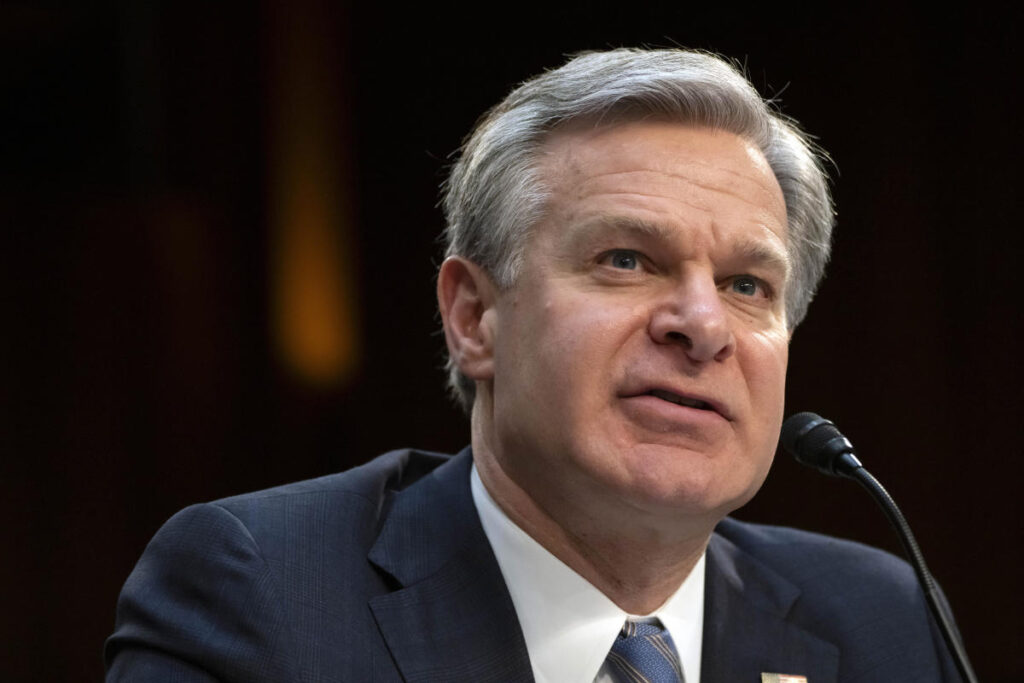FBI Director Christopher Wray has announced his intention to resign at the conclusion of President Joe Biden’s term, a decision he made after considerable deliberation. This announcement occurred shortly after President-elect Donald Trump expressed his intent to nominate Kash Patel, a loyalist, to take over the FBI leadership. During a town hall meeting with FBI employees, Wray articulated that his departure would take place in January, shortly after the transition of power. His exit was anticipated, particularly given Trump’s choice of Patel, signaling a shift in leadership and priorities within the bureau.
Wray, a Trump appointee who began his decade-long tenure in 2017 following the dismissal of former Director James Comey, has experienced mixed relations with the current administration. The FBI Director’s role is designed to be insulated from political fluctuations, a framework intended to maintain the agency’s integrity and independence. Despite this, Wray has faced significant scrutiny from Trump, particularly following a congressional hearing that did not sit well with the President. Nonetheless, Wray has maintained a generally restrained approach, refraining from openly challenging the White House regarding its discontent with him.
The context surrounding Wray’s resignation is critical; it reflects the ongoing tensions between the FBI and the Trump administration. Trump’s vocal dissatisfaction with Wray has been evident over the years, as the President has criticized the FBI’s investigations, including those into Russian interference in the 2016 election and various matters concerning the Biden family during the run-up to the 2020 election. Wray’s decision to step down at the end of Biden’s term underscores the political realities that can impact leadership structures within the federal law enforcement agency.
In light of Wray’s impending resignation, there is speculation about the direction the FBI will take under Patel’s leadership if he is confirmed. As a trusted ally of Trump, Patel’s nomination hints at a significant ideological shift within the bureau. Analysts suggest that his appointment could lead to changes in how the FBI approaches various issues, potentially affecting ongoing investigations and the bureau’s overall mission. Observers are keenly watching how the transition will unfold and what implications it will carry for the integrity and operations of the FBI moving forward.
Wray’s tenure has been marked by both challenges and achievements as he navigated the complexities of leading the FBI through an era of heightened political scrutiny. His approach often involved balancing the agency’s core responsibilities while managing external pressures from elected officials. Throughout his term, Wray has emphasized the importance of upholding the FBI’s standards of fairness and impartiality, in the face of significant challenges that threatened to sway the agency’s public image and operational focus.
As Wray prepares to make his exit, his legacy will likely be debated among political analysts and FBI stakeholders alike. The circumstances surrounding his resignation serve as a reminder of the fragile relationship between law enforcement agencies and political administrations. With Patel poised for nomination and the specter of political influence looming, the future trajectory of the FBI under new leadership raises important questions about its ability to maintain its foundational principles amidst evolving political dynamics.

